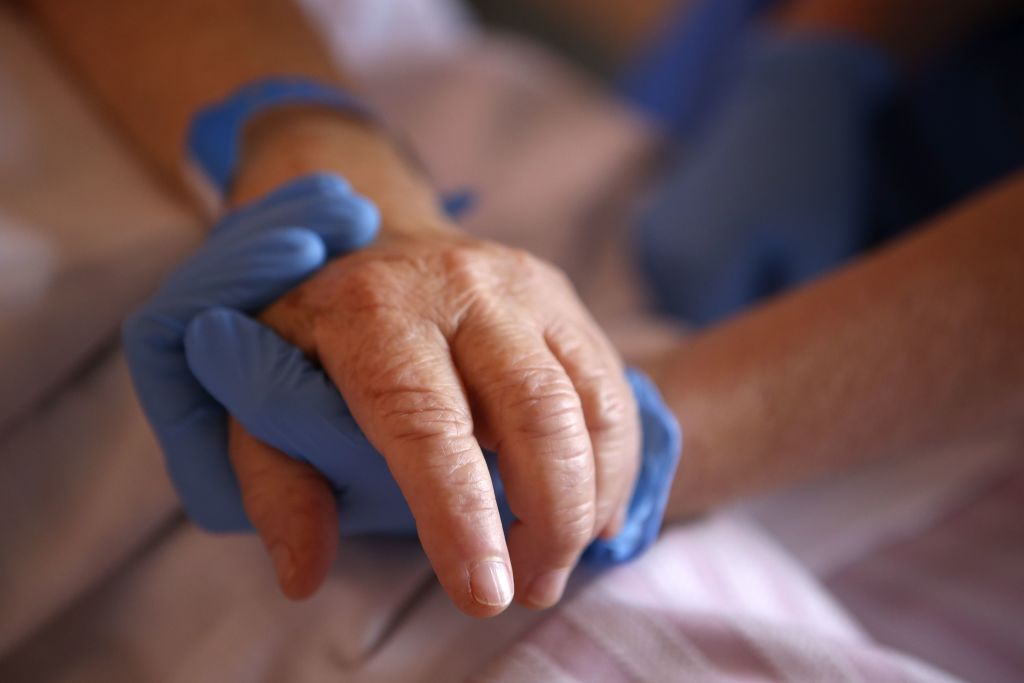As different areas of Australia have made attempts to legalize assisted suicide in the country with varying degrees of success, a new study put out by the PM Glynn Institute of Australian Catholic University shows that palliative care doctors are in short supply, leaving Australians with little real choice when faced with serious illness and end-of-life care.
Palliative care, the report says, is “an approach that improves the quality of life of patients and their families facing the problems related to a life-threatening illness.” It seeks to prevent and alleviate suffering both physical and mental. It is a necessary counterbalance in the euthanasia debate, as assisted suicide seeks only to end a “problem” rather than care for a person.
The study found that although industry benchmarks require about two palliative care physicians per 100,000 people, the country falls well behind those marks at 0.9 per 100,000 people. It also pointed out that the lack of specialized community-based care put the brunt of the strain on public hospitals. The study also found that too many GPs are unfamiliar with what few options are available in the country.
READ: EUGENICS: California inmates forcibly sterilized because ‘it’s cheaper than welfare’
The director of the PM Glynn Institute, Dr. Michael Casey, told the Catholic Leader that findings show a lack of equally-weighted options. “People say voluntary-assisted dying is about giving patients a choice but if dying patients cannot access the palliative care services they need, they don’t really have a free choice,” he said. “We need to do more to ensure that everyone who needs good quality palliative care can access it, wherever they are and whatever their circumstances, before considering a momentous step like voluntary assisted dying.”
In a 2019 pastoral letter in response to the state of Victoria’s legalization of assisted suicide, Australia’s Catholic bishops sounded the alarm about the new law and its social implications, including “the lack of adequate funding for excellent palliative care” as well as “the lazy idea that the best response our community can offer a person in acute suffering is to end their life.”
“It’s not just about managing pain, nor is it just about spending a lot of money,” said Archbishop Mark Coleridge last year to the Catholic Leader when a separate report about the dire need for end-of-life care was released. “Comprehensive palliative care sees beyond the pain to the whole person and makes good economic sense. That’s why it has to be the right option.”
“Like” Live Action News on Facebook for more pro-life news and commentary!







